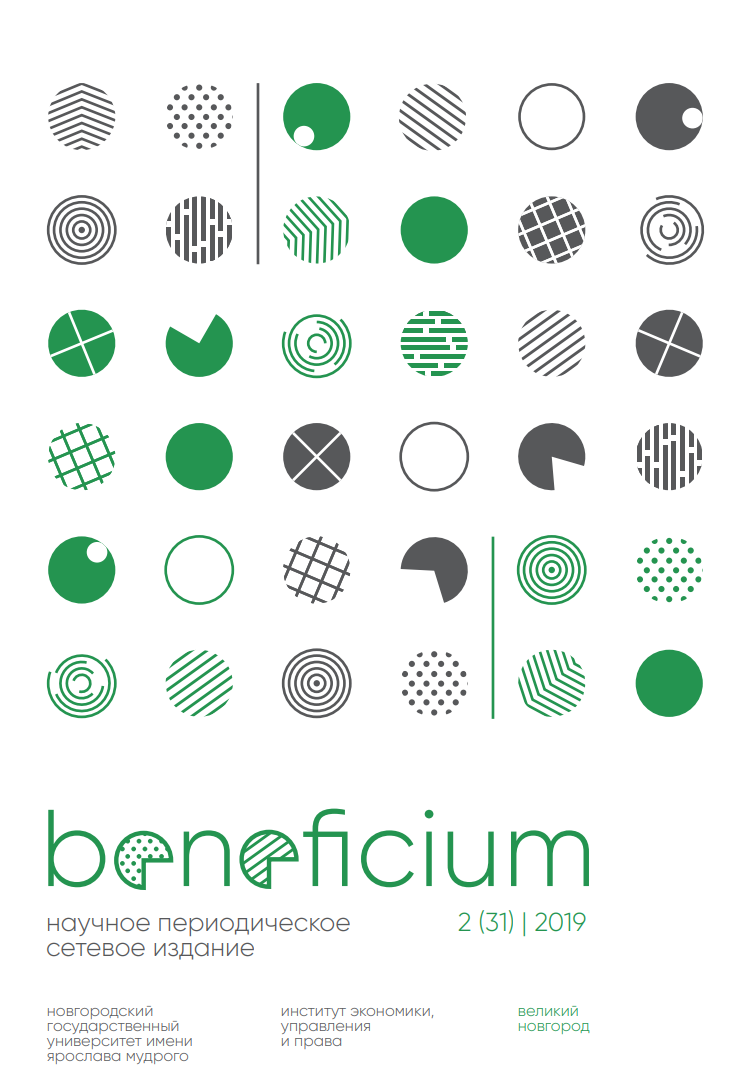THE STRUCTURE AND ORGANISATION OF EXTERNAL OBSERVATION SERVICES IN SECURITY DEPARTMENTS OF THE RUSSIAN EMPIRE
Abstract
The article is devoted to the study of the internal structure of one of the key tools to ensure the security of the Russian Empire at the end of the 19th century – the beginning of the 20th century – of the surveillance service. The internal structure and organization of the surveillance service in the security departments – special units of the political police of the Russian Empire, designed to protect the autocracy against the revolutionary threat. The general requirements for the formation of the structure of an outdoor surveillance service in security departments were determined by a block of normative acts (Regulation «On the Heads of the Search Offices» (1902) and the Code of Rules worked out in its development, Regulation «On the Security Offices» (1907), Instruction «On the organization of external (tracking) observation» (1907) and others). However, the final organization of the observation teams acquired over time, at the discretion of the leaders of the political investigation. The primary element of the structure of the external surveillance service was a tracker – an employee of the outdoor surveillance service, who directly performed the functions of tracking suspected state crimes. The definition of the very concept of the post of a «tracker» is formulated and a characteristic of its functions is given. The description of the work process of the department of external surveillance of the security department is presented. The role of the creator of the school of outdoor surveillance agents E.P. Mednikov (1853-1914) in ensuring a high level of organization of the external surveillance department of the Moscow Security Department, as well as the degree of influence of the Moscow school of fillers on the organization of the outdoor surveillance service throughout the Russian Empire. The study was conducted on the basis of information provided in the funds of the State Archive of the Russian Federation.









